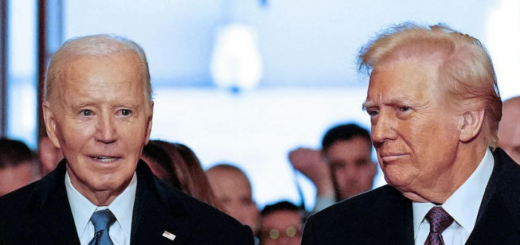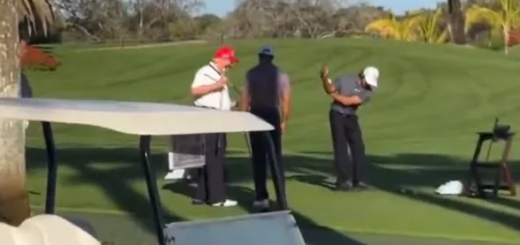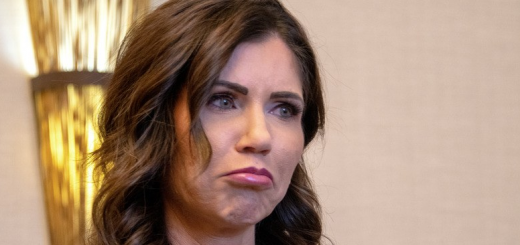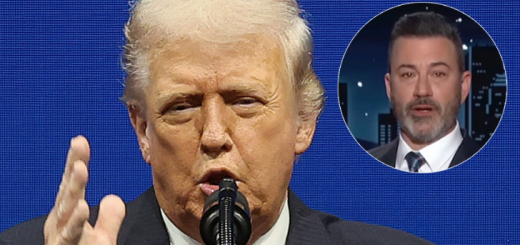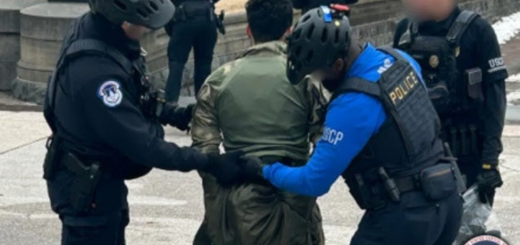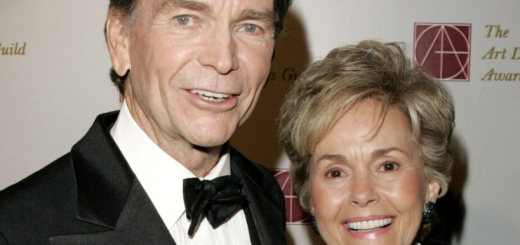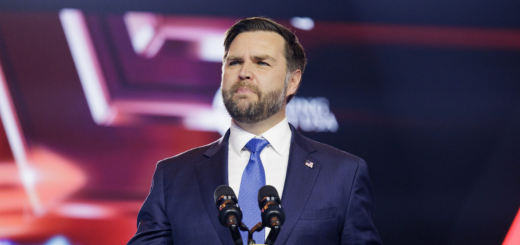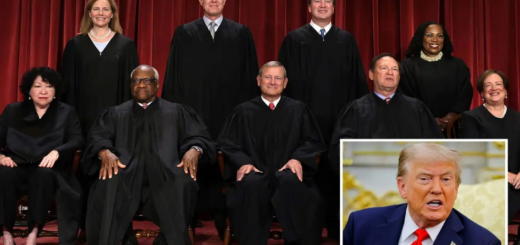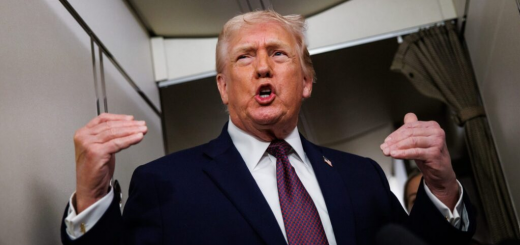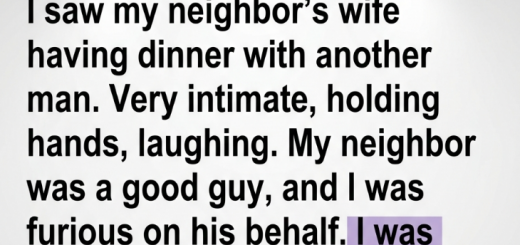Inside “Arctic Frost”: Newly Released FBI Memo Raises Major Questions About the Investigation Into Donald Trump
A recently disclosed FBI memo authorizing the Biden-era Arctic Frost investigation into former President Donald Trump and several Republican operatives is drawing intense scrutiny from former federal prosecutors, legal analysts, and retired FBI officials.
According to experts who reviewed the document, the memo appears to rely on limited evidence, speculative sources, and unusual procedures for an inquiry classified as a Sensitive Investigative Matter, the category reserved for cases involving political figures, religious groups, journalists, and others with constitutional protections.
How the Probe Began
The Arctic Frost investigation launched in the spring of 2022, around the time Trump publicly signaled he would run for president again.
The memo initiating the probe treated attempts by some Republican officials to assemble alternate slates of electors during the 2020 certification process as a potential criminal conspiracy.
While the issue remains debated in legal circles, analysts note that similar disputes occurred in two earlier U.S. elections without resulting in criminal charges.
Analysts Sound Alarm Over Sources Used
One of the central concerns raised by reviewers is that portions of the memo reportedly rely heavily on media interview clips, including commentary aired on CNN — an unusual basis for opening a politically sensitive investigation.
Former agents note that SIM cases generally require substantial firsthand evidence, not secondary reporting or speculative analysis.
Comparisons to the 2016 “Crossfire Hurricane” Probe
House Judiciary Committee Chairman Jim Jordan has been one of the most outspoken skeptics of the memo’s legitimacy.
After receiving the document from FBI Director Kash Patel, Jordan said he sees troubling parallels between Arctic Frost and the FBI’s controversial 2016 investigation into alleged Trump-Russia ties.
Jordan argued that both inquiries appear to follow a pattern of:
Political bias
Low evidentiary standards
Decisions that could erode public confidence
“It looks like the same old weaponization,” Jordan said on Just the News, No Noise. “Going after political opponents without strong evidence.”
Special Counsel Jack Smith Responds
Special Counsel Jack Smith, who assumed control of the investigation later in 2022, has firmly denied any misconduct. He maintains that his team followed proper legal and investigative standards and has indicated he will provide additional context in the future.
Jordan has requested Smith testify before Congress, suggesting he will issue a subpoena if necessary.
High-Level Approval and Expanding Scope
Documents released by Patel show the Arctic Frost probe received approval from senior officials, including:
Attorney General Merrick Garland
Deputy Attorney General Lisa Monaco
FBI Director Christopher Wray
A White House legal adviser
Once the investigation entered the Special Counsel’s office, it expanded dramatically. According to records shared by Senator Chuck Grassley, Smith’s team issued:
197 subpoenas
Requests involving more than 400 Republican individuals and groups
House Judiciary documents indicate that over 160 Republican figures were flagged internally during the early stages of the probe.
Legal Experts Highlight Key Concerns
Analysts reviewing the memo have raised the following issues:
No clear primary evidence directly linking Trump to criminal wrongdoing
Unusual reliance on media interviews rather than internal intelligence or sworn testimony
Ambiguity surrounding the legal basis for treating alternate electors as criminal acts
Reasoning that appears inconsistent or overly speculative
These concerns do not automatically invalidate the investigation — but they highlight the need for transparency, especially in cases involving electoral disputes and political rivals.
A Growing National Debate
Supporters of Arctic Frost argue that any attempt to challenge election outcomes deserves a thorough examination. Critics counter that politically sensitive investigations must meet the highest possible evidentiary standards to maintain public trust.
With congressional hearings expected and more document releases on the horizon, the story behind the Arctic Frost probe continues to unfold.
Its outcome may influence how future administrations, federal agencies, and voters view the balance between accountability, political neutrality, and the integrity of U.S. elections.

